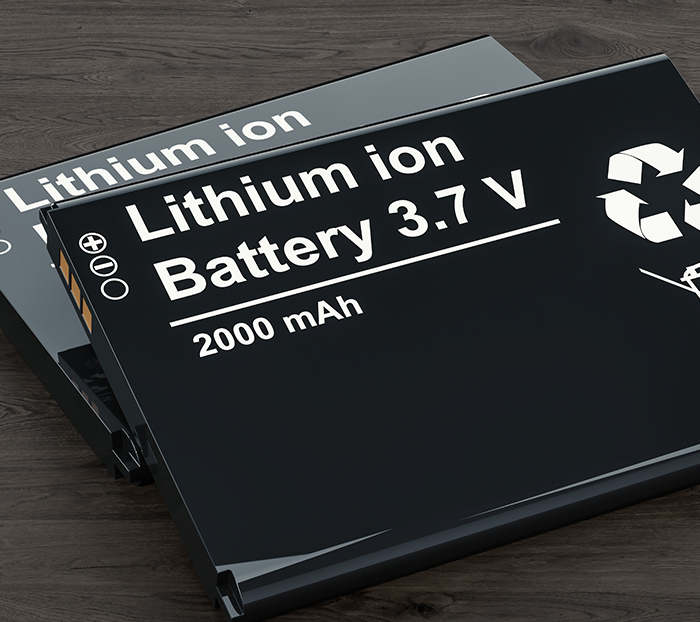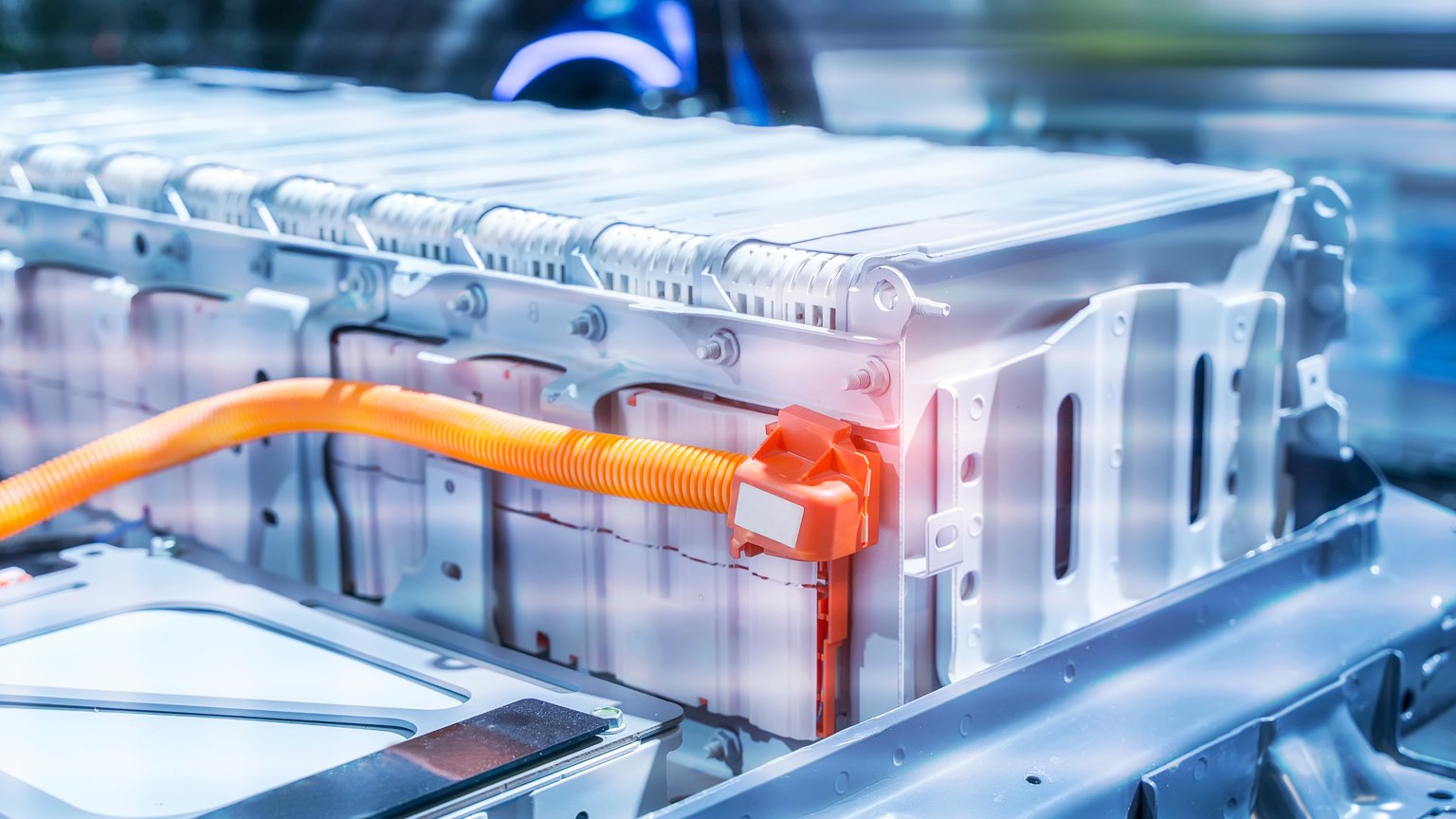Lithium battery, also known as lithium-ion batteries (Li-ion batteries), are a type of rechargeable battery widely used in modern electronics, electric vehicles, and energy storage systems. They are known for their high energy density, long lifespan, and lightweight design, making them a popular choice for powering devices such as smartphones, laptops, and electric cars.
Key Features of Lithium Batteries
- High Energy Density: Lithium batteries can store a significant amount of energy in a compact size, which is why they are ideal for portable devices.
- Rechargeable: Unlike disposable batteries, lithium-ion batteries can be recharged hundreds or even thousands of times, making them cost-effective and environmentally friendly.
- Lightweight: Lithium is the lightest metal, which contributes to the overall lightweight design of these batteries.
- Low Self-Discharge: Lithium batteries lose very little charge when not in use, ensuring they retain power for longer periods.
- Wide Applications: From consumer electronics to renewable energy storage systems, lithium batteries are versatile and widely used.
Key Components of Lithium Batteries
- Cathode: Typically made of lithium metal oxides, such as lithium cobalt oxide (LiCoO2) or lithium iron phosphate (LiFePO4).
- Anode: Usually composed of graphite or other carbon-based materials.
- Electrolyte: A lithium salt in an organic solvent that facilitates the movement of lithium ions between the cathode and anode.
- Separator: A thin membrane that prevents the cathode and anode from touching while allowing ions to pass through.
Advantages of Lithium Batteries
- Long Cycle Life: They can endure many charge-discharge cycles before their capacity significantly degrades.
- Fast Charging: Lithium batteries can be charged more quickly compared to other types of rechargeable batteries.
- Eco-Friendly: They contain fewer toxic metals like cadmium or lead, making them safer for the environment.
Challenges and Safety Concerns
Despite their advantages, lithium batteries have some drawbacks. They are sensitive to high temperatures, which can lead to thermal runaway—a condition where the battery overheats and potentially catches fire or explodes. Proper battery management systems (BMS) are essential to monitor and control temperature, voltage, and current to ensure safety.
Conclusion
Lithium batteries have revolutionized the way we power our devices and vehicles, offering a reliable and efficient energy solution. As technology advances, improvements in lithium-ion battery design and safety continue to expand their applications, making them a cornerstone of modern energy storage and portable power. However, ongoing research is focused on addressing their limitations, such as improving safety and developing more sustainable materials.









